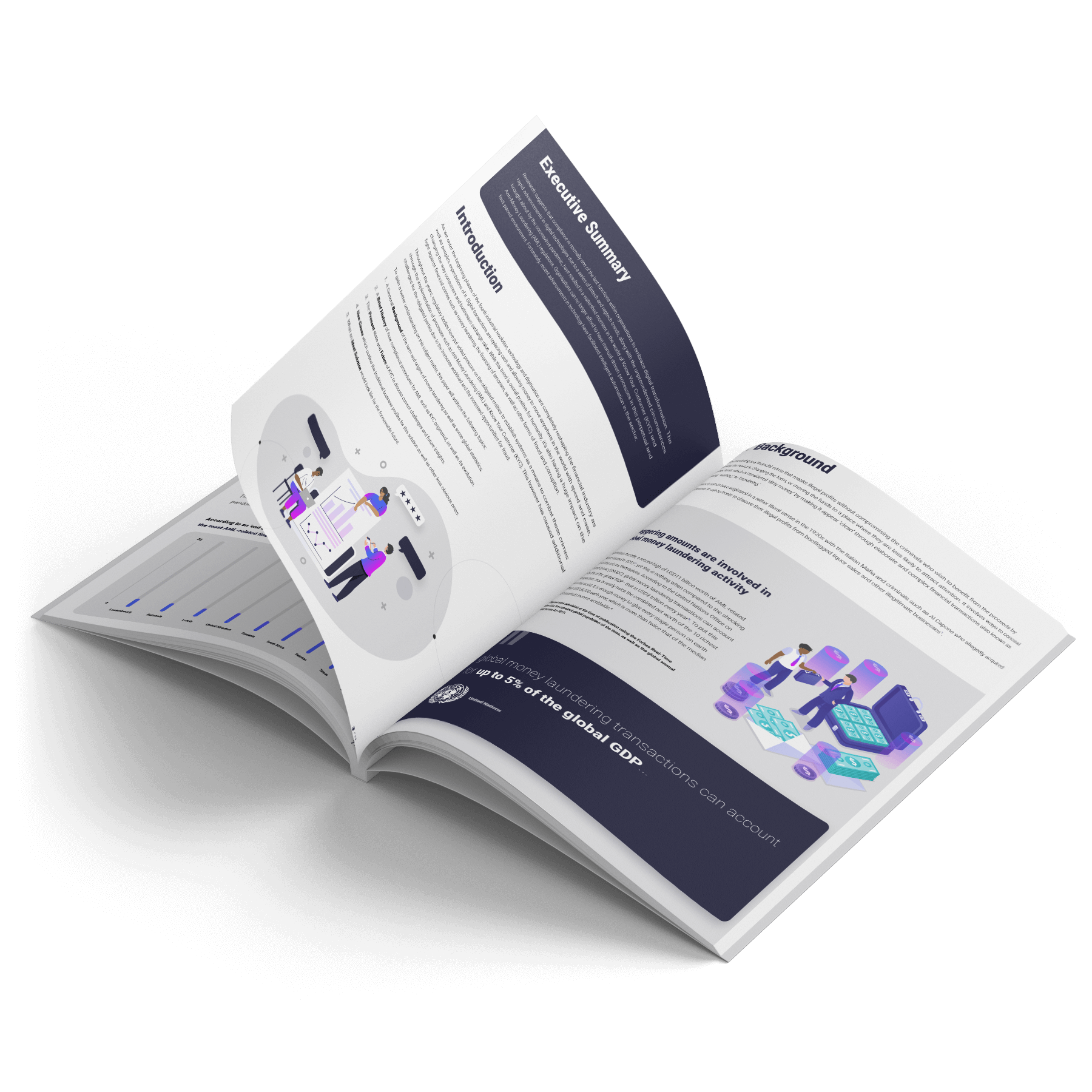What you'll learn.
With the rise of financial crime and the costs associated with non-compliance, as well as the growing threat of digital disruption, it has never been more important for financial institutions to embrace technologies that streamline compliance processes. Technology solutions that support a best practice approach to detecting and preventing financial crime while automating low-risk tasks can help to alleviate the pressure on resources.
-
The origins of money laundering.
Prior to the 1980s, formal laws to deal with money laundering were virtually non-existent; tax evasion was considered a more serious offense. However, as the 20th century progressed, the drug trade proved to be one of the biggest sources of money laundering4, yet at the time, the drug trade itself was considered the bigger issue, and money laundering was just an unfortunate side effect - fortuitously the war on drugs of the 1980s changed all of that.
-
A brief history of compliance.
With a stringent and ever-evolving regulatory landscape, ensuring compliance can be a very complicated process with banks and other financial institutions having to meet standards set forth by local, regional, and national governments. Failing to meet these requirements can lead to hefty fines or even criminal prosecution.
-
The present and future of KYC.
With a stringent and ever-evolving regulatory landscape, ensuring compliance can be a very complicated process with banks and other financial institutions having to meet standards set forth by local, regional, and national governments. Failing to meet these requirements can lead to hefty fines or even criminal prosecution.
-
Use cases for KYC.
The obvious use cases for KYC and AML solutions are aimed at industries that fall under the regulated sector and could be defined as any organisation or institution that runs the risk of the possibility of their current or future customers being linked to money laundering, bribery and corruption, terrorism financing, or any other form of financial crime.
-
An ideal KYC solution.
With evolving customer expectations and new advancements in digital technologies driving rapid change in this sector, relying on manual processes that make customers wait while employees try to filter through multiple layers of data is no longer an option.
